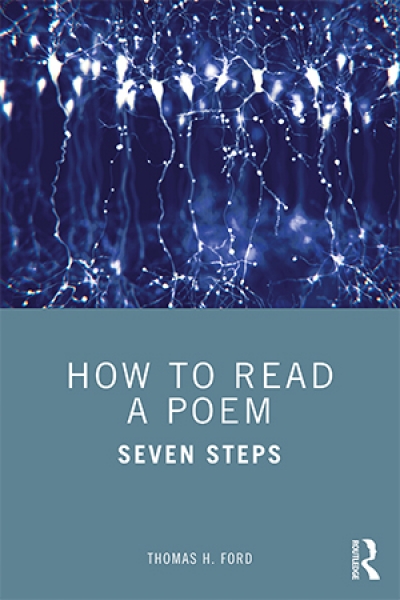Thomas H Ford
Few phrases captured the atmosphere of lethargy and disorientation in which many of us lived under lockdown as ‘brain fog’. The term has come to denote a whole range of symptoms – from fatigue and forgetfulness to anxiety and an inability to focus – that serve as an historical marker for our Covid moment. Yet, as literary scholar Thomas H. Ford observes, the malaise is far from unique to the twenty-first century. In this episode of The ABR Podcast, listen to Ford as he traces the history of cognitive fuzziness, revealing the persistent concerns about mental overwork of which ‘brain fog’ is only the latest diagnosis.
... (read more)It was, inevitably, in a Zoom meeting that I first noticed the phrase. A colleague, excusing some minor oversight, explained it away with the words: ‘Sorry, Covid brain fog.’ Although I hadn’t consciously registered the expression before, I knew exactly what she meant.
... (read more)


